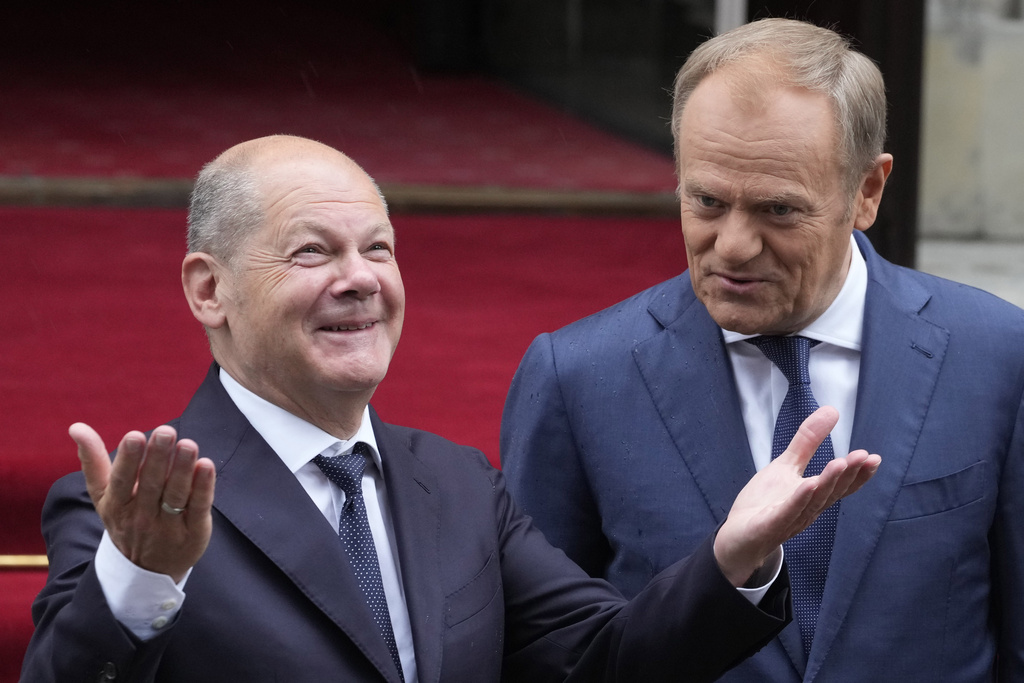No other foreign policy divides Poles as sharply as our view of Germany’s political strategies.
It has become a central axis of internal political division and fuels two opposing party narratives. In a polarized political landscape, this has led to a situation where it’s unclear whether Poland can still discuss its relationship with Germany in terms of national interests and strategic calculations, or if the conversation is purely driven by party emotions.
Broadly speaking, one narrative argues that most of Poland’s lost opportunities and developmental setbacks result from Berlin’s imperial approach towards Poland. The other suggests that only under the protection of a strong Germany within Europe can Poland be secure and prosperous.
The first narrative thus advocates opposing this imperial policy by all means necessary. The second argues for deeper integration with Germany within the European Union. In this dichotomy, the actual strengths and weaknesses of Germany that could benefit Poland’s own interests are often overlooked.
About 20 years ago, our understanding of Germany was dominated by the concept of a center-periphery divide and the resulting asymmetry in Polish-German relations. Fortunately, today no one in their right mind would consider Germany as the center of Europe, regardless of Berlin’s still significant economic and political dominance.
From a Polish perspective, the issue is no longer asymmetry but independent development. The crucial question now is which forms of interdependence with Germany are beneficial, which are harmful and simply dangerous for Poland — in areas like infrastructure, capital, energy, or military.
Being in shared structures like the EU or NATO with Germany does not absolve us from the need to protect our own interests, nor does it provide us with absolute guarantees.
Believing that our relationship with Germany will automatically lead to development and security is just as absurd as thinking that Poland can thrive independently without any relations with Germany.






